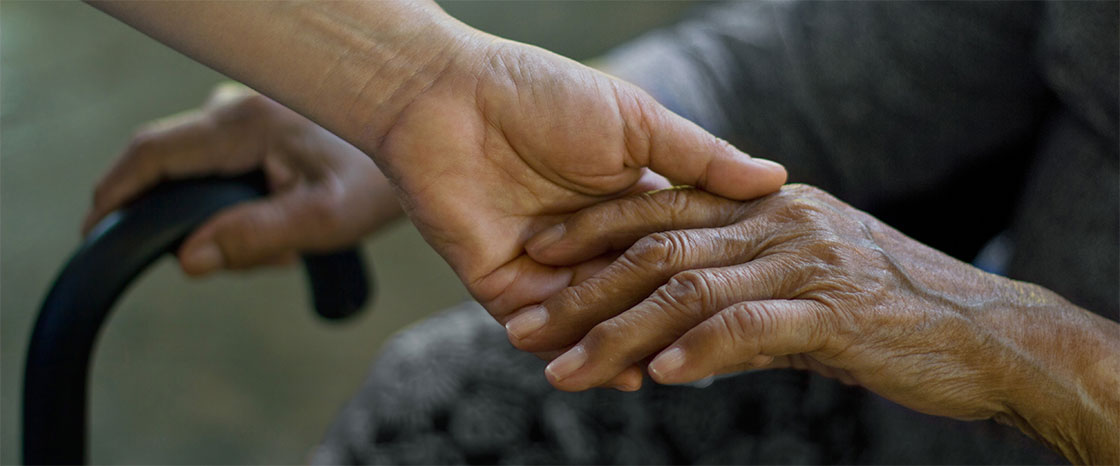Post-discharge is one of the most critical times for patients. If you’re a health plan or risk-bearing provider group, you understand the importance of ensuring smooth transitions of care to those you serve. Ineffective transitions often result in hospital readmissions, decreased patient experience, and hefty costs to our healthcare system. The good news? These hospital readmissions are preventable.

Data doesn’t lie. Clinical pharmacists are the medication experts within our healthcare teams. They understand and help ensure safe and appropriate medication use, consistently monitor for side effects, and communicate information to patients on new medication therapies. At no time is this more important than during transitions of care when patients and their medication regimens are passing through care centers and teams.
At Aspen RxHealth, we deploy a community of over 7,000 remote pharmacists around the nation to mitigate medication errors and adverse drug events (ADEs)as well as hospital readmissions before they occur.

Incomplete data transfer from one patient care setting to the next
Duplicate medications prescribed by multiple physicians in different care settings
Conflicting medication regimens from past and present care
Not all physicians have the medication expertise to reconcile complicated regimens

Founded by pharmacists for pharmacists, we eschew the traditional call center approach in favor of deploying the most qualified medication experts in healthcare. Our community of clinical pharmacists speaks over 27 languages and carries over 65 different certifications and specialty designations. Ongoing and extensive education keeps our clinical pharmacists practicing at the top of their license.
During a consultation, the patient’s medications are thoroughly reviewed and negative drug interactions, prescription contraindications, changes or discrepancies in medications are identified and resolved quickly. The Aspen RxHealth clinical pharmacist also counsels and educates patients on proper use of new prescriptions, and determines whether prescriber engagement is needed.
When it comes to transitions of care, reducing (ideally eliminating!) ADEs and readmission rates is the goal. If there are any clinicians familiar with factors outside of the hospital domain, including poor social support and access to outpatient care, it’s our network of clinical pharmacists.
If a health plan member was recently discharged from the hospital and prescribed a duplicate medication, medication reconciliation helps identify the duplicate and correct it. Taking two medications in the same therapeutic class can be dangerous, especially for a member with multiple chronic conditions.
Aspen RxHealth only uses licensed clinical pharmacists to provide support during transitions of care as well as care to health plan members. Their extensive education and training uniquely prepare them for this critically important consultation.
Medication reconciliation is an important part of care transitions, such as when a member is discharged from an acute care facility. Health care providers usually perform medication reconciliation in the post-discharge setting for all patients. For Medicare Advantage plans, medication reconciliation is an important quality measure that must be completed within 30 days.
Medication reconciliation protects members from potentially dangerous drug interactions, duplicate therapies, and mitigates adverse drug events. By making sure members are taking the right drugs, at the right dose, and at the right time, medication reconciliation helps them remain healthier and happier and improves patient outcomes. Unfortunately, during transitions of care, valuable information including medication regimens may be miscommunicated, resulting in potential ADEs. Medication reconciliation can prevent such errors.
Absolutely. That’s why Aspen RxHealth pharmacists bundle multiple member consultations into a single phone call. By taking this approach, member abrasion is dramatically reduced, and patient experience is enhanced.